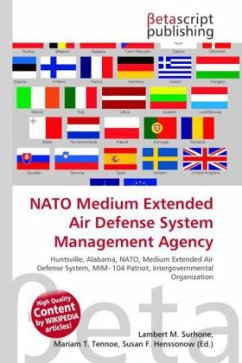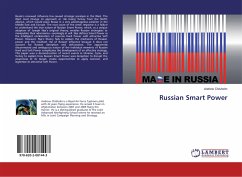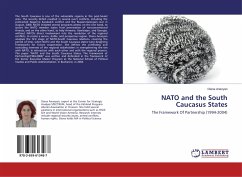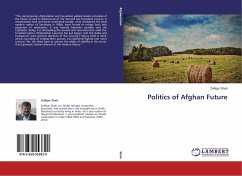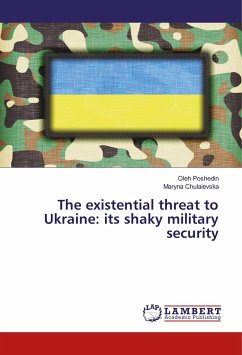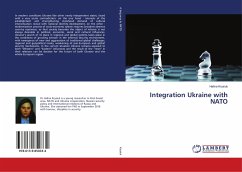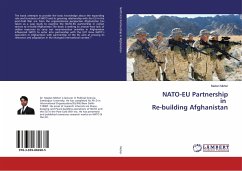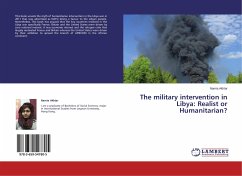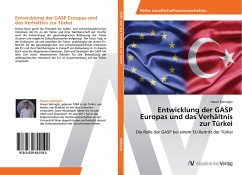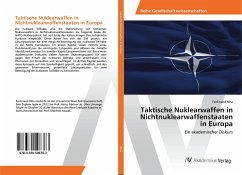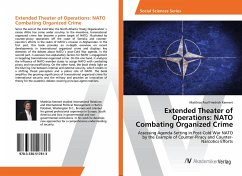
Extended Theater of Operations: NATO Combating Organized Crime
Assessing Agenda-Setting in Post-Cold War NATO by the Example of Counter-Piracy and Counter-Narcotics Efforts
Versandkostenfrei!
Versandfertig in 6-10 Tagen
33,99 €
inkl. MwSt.

PAYBACK Punkte
17 °P sammeln!
Since the end of the Cold War, the North Atlantic Treaty Organization s raison d'être has come under scrutiny. In the meantime, transnational organized crime has become a prime target of NATO, illustrated by counter-piracy operations off the coast of Somalia and counter-narcotics efforts in the realm of NATO s mission in Afghanistan. In the first part, this book provides an in-depth overview on recent developments in transnational organized crime and displays key elements of the debate about NATO s post-Cold War agenda. In the second part, it assesses two explanatory factors for NATO s engage...
Since the end of the Cold War, the North Atlantic Treaty Organization s raison d'être has come under scrutiny. In the meantime, transnational organized crime has become a prime target of NATO, illustrated by counter-piracy operations off the coast of Somalia and counter-narcotics efforts in the realm of NATO s mission in Afghanistan. In the first part, this book provides an in-depth overview on recent developments in transnational organized crime and displays key elements of the debate about NATO s post-Cold War agenda. In the second part, it assesses two explanatory factors for NATO s engagement in targeting transnational organized crime. On the one hand, it analyzes the influence of NATO member states to assign NATO with combating piracy and narcotrafficking. On the other hand, the book sheds light on the blurring line between internal and external security, which results in a shifting threat perception and a police role of NATO. The book amplifies the growing significance of transnational organized crime for international security and the military and provides an innovation of theory for the academic debate covering principal-agent relations.



